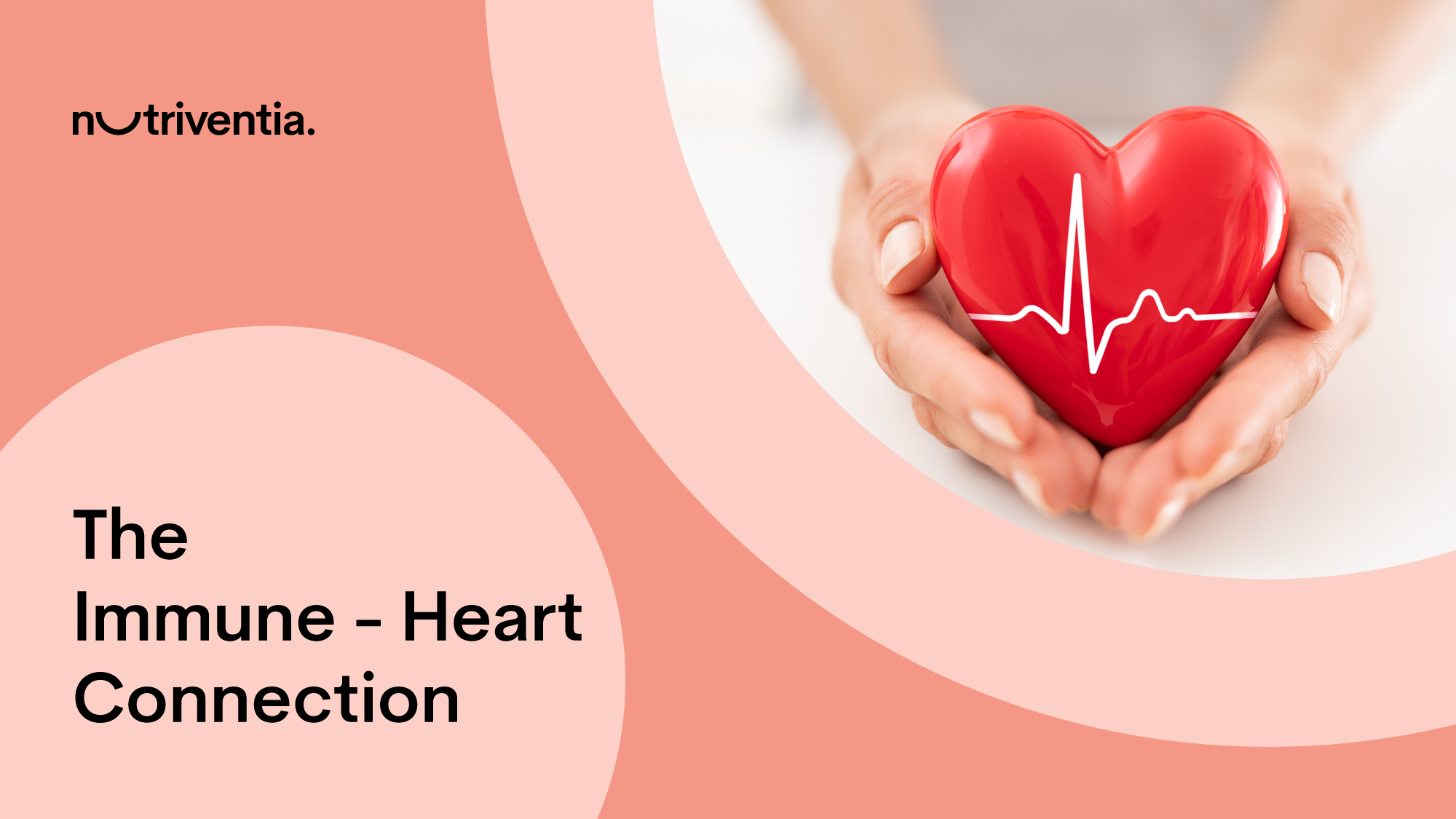Stress is a part of life for everyone, but how we manage stress that can make a difference in the state of our health and well-being. Stress is proven to impact the function of the cardiovascular system.
There are two types of stress – acute (or episodic) and chronic. Acute stress is the physiological response to an event, such as a sudden loss, fearful incident or hardship. Chronic stress on the other hand, often arises from a wide variety of factors, including long-term emotional situations (job dissatisfaction, divorce, caretaking an aging parent), and a lifestyle of poor health habits (high-fat diet, sedentary lifestyle, excessive alcohol intake).
The challenge lies in managing stress through a variety of tools, such as meditation, dietary changes and supplements. Unfortunately, stress cannot be completely eliminated.
Physiology of Stress
According to the Mayo Clinic, emotional and psychosocial stressors can increase blood pressure, and if left unaddressed, can contribute to plaque buildup in the coronary arteries. High and chronic stress levels encourage the adrenal glands to release more cortisol, the fight-or-flight hormone. Excess cortisol is catabolic, and along with other stress hormones, it elevates blood pressure.
When stress occurs or is continually experienced (chronic), the hypothalamus – which connects the brain with the endocrine system signals the pituitary gland to release corticotropin which directs the adrenal glands to produce cortisol, the “fight or flight” glucocorticoid. An excessive amount of cortisol circulating in the body interrupts normal communication between the immune system and the hypothalamic-pituitary-adrenal (HPA) axis, a pathway gaining interest among researchers in the nutraceutical industry.
In addition, when we experience a spike in stress – (e.g., an unexpected traffic jam when we need to be on time, or slipping and falling), our heart rate accelerates quickly and the heart contracts more forcibly in response to the stress-induced flood of adrenaline, noradrenaline and cortisol released into the body.
But that’s not all – simultaneously, blood pressure temporarily spikes due to dilation of blood vessels that direct blood to the heart, also because of the excess cortisol.
Chronic stress can slowly degrade the integrity and efficiency of the cardiovascular system, leading to increased risk of heart attack or stroke.
Therefore, reducing stress response (since one cannot always control or prevent the stressful situations) is critical to protect the heart.
Adding Adaptogens
Beyond adopting a healthy diet, starting exercise and incorporating techniques such as meditation, yoga or mindful breathing, other approaches of tackling physiological stress response are encouraged. One is supplementing with an adaptogen. An adaptogen is an herb that helps the body adapt to its environment by supporting normalized metabolic function and restoring physiological balance through regulating the activity of the HPA axis.
Adaptogens work best when taken long term, and one adaptogen stands out as superior in regulating HPA axis activity and increasing resilience to stress impact: ashwagandha.
Ashwagandha (Withania somnifera) is a well-studied herb for its effects on stress reduction among other benefits. In one human clinical study, 64 participants with chronic stress consumed either 300 mg ashwagandha root extract or placebo for 60 days. At the conclusion of the study, the supplement group exhibited a significant reduction in scores on the stress-assessment scales on Day 60 and serum cortisol levels were also substantially reduced.
Another study also yielded positive results of ashwagandha supplementation on stress and stress-induced feelings of anxiety. This 8-week trial involved 60 men and women who consumed either 250 mg ashwagandha, 600 mg ashwagandha or placebo.
Researchers found that both ashwagandha groups showed significant reductions in Perceived Stress Scale scores as well as serum cortisol levels, demonstrating that after only two months of supplementation, ashwagandha root can help the body reduce stress response.
Ashwagandha’s benefits come from its unique content of withanolides. These actives may exert strong pharmacological properties such as sedative/anxiolytic (which reduces stress), as well as immunomodulatory and anti-inflammatory, all of which can protect cardiovascular function.
Prolanza™️: A Superior Ashwagandha
Prolanza™️ is clinically validated to provide all-day stress management and is safe for long-term use as a tool for stress-response reduction. Prolanza™️ is distinctive in its withanolide content: it contains a broad spectrum of 20 withanolides,10 of which are USP compliant.
A human clinical study examined the efficacy of a single dose 300 mg Prolanza™️ on stress, as well as related factors such as sleep quality and overall well-being. Compared to placebo, once daily 300mg Prolanza™️ significantly reduced stress levels, with concomitant improvements in perceived well-being, and sleep quality.
Additionally, when compared to a leading ashwagandha ingredient, a pharmacokinetic study demonstrated that Prolanza™️ exhibited a prolonged availability in blood serum for up to 12 hours, with a three-times longer elimination half-life, a five-fold higher relative absorption, and an eleven-fold superior relative bioavailability.
In summary, managing stress is crucial for maintaining optimal heart health. Chronic stress can have significant effects on cardiovascular function, increasing the risk of heart disease. Adaptogens, like ashwagandha, have shown promise in helping the body better handle stress, potentially offering a natural way to support heart health. While more research is needed, incorporating stress management techniques and considering adaptogenic supplements might be a beneficial approach to supporting a healthy heart. Prioritizing stress reduction alongside heart-healthy habits can lead to lasting benefits for both mental and physical health.
Reviewed by Sneha Sawant Desai, PhD



